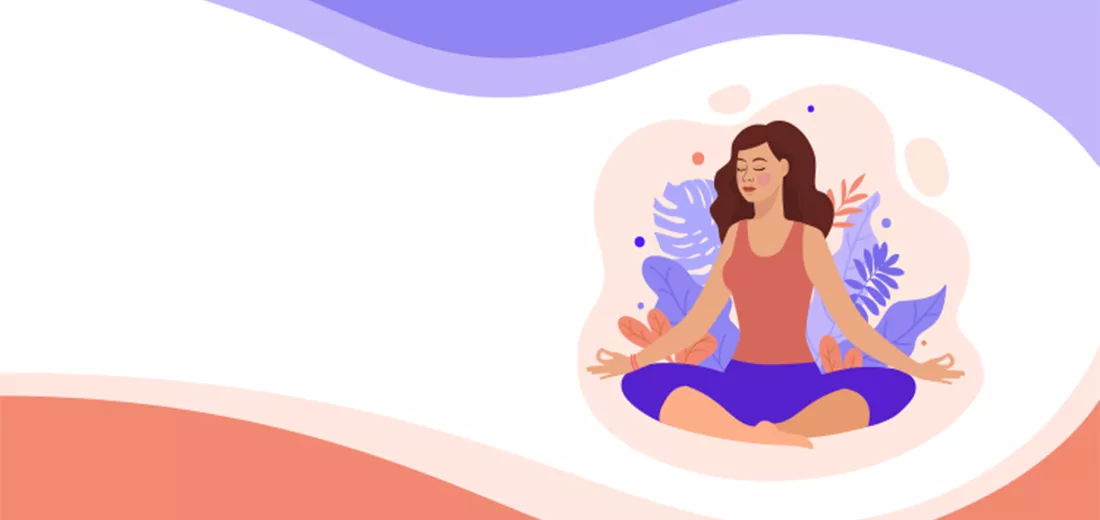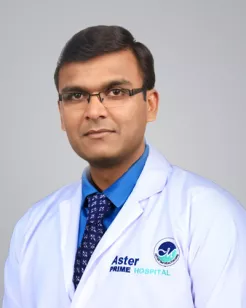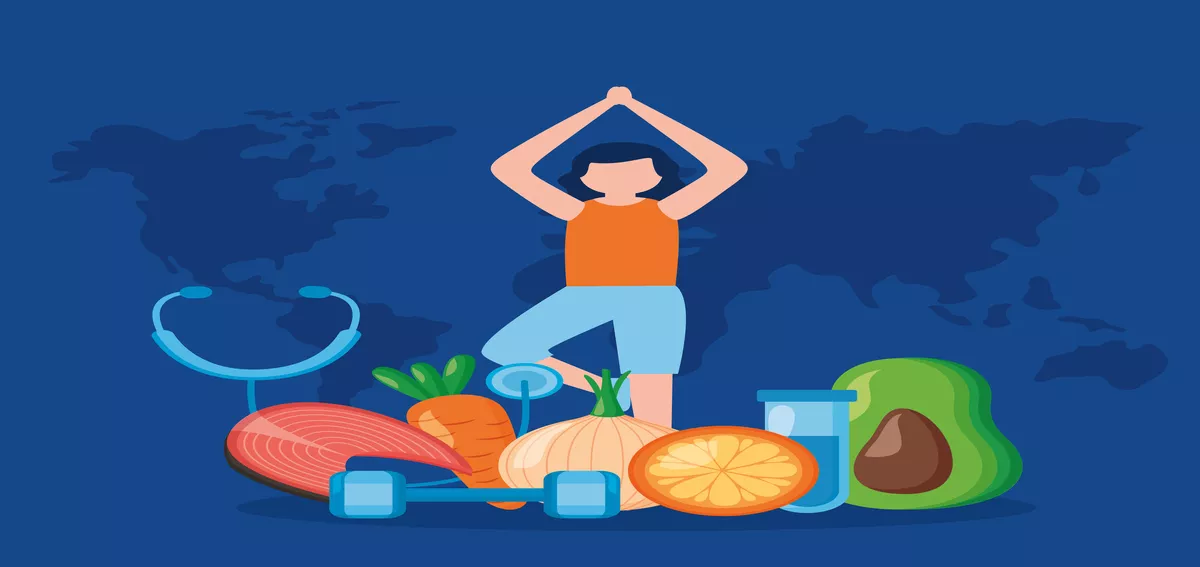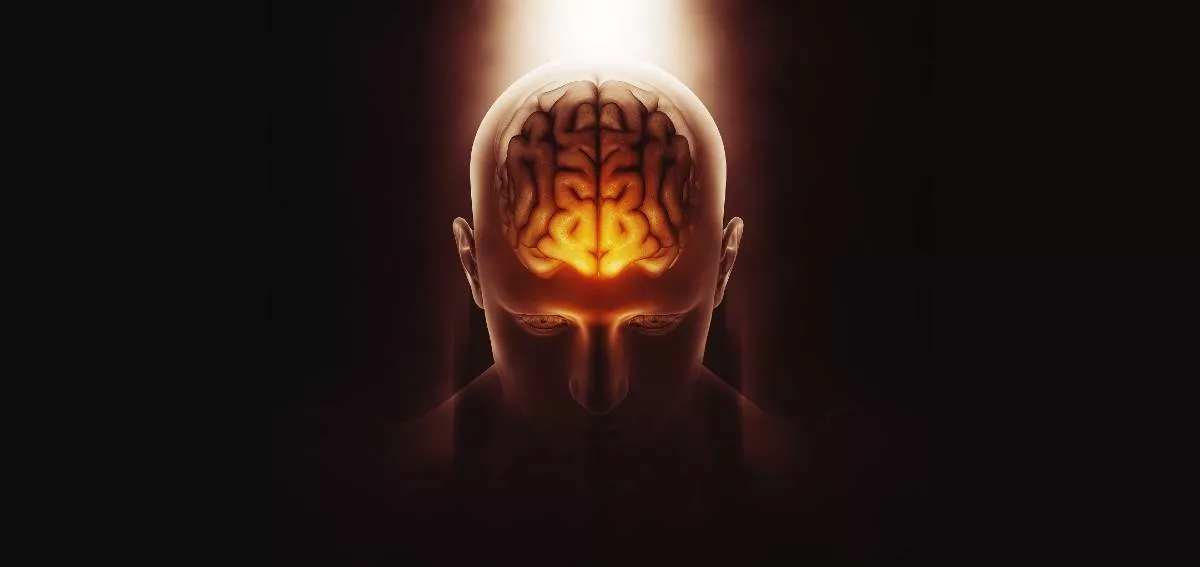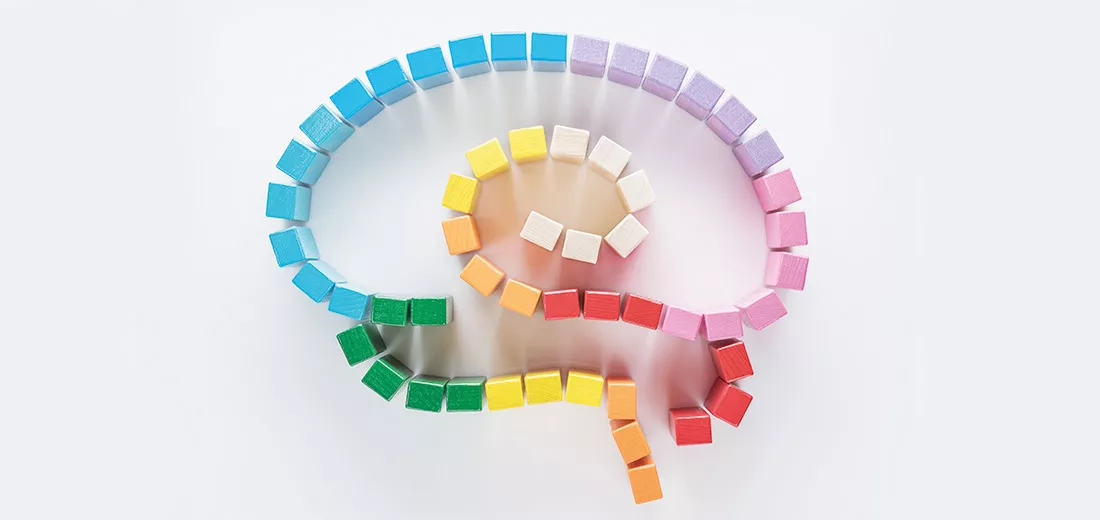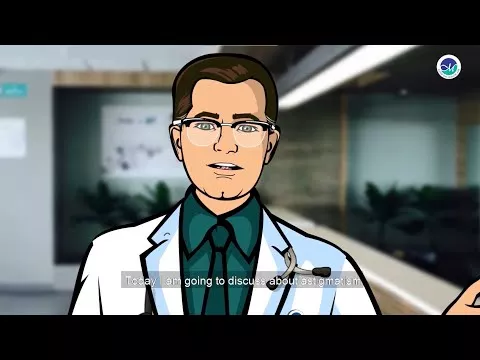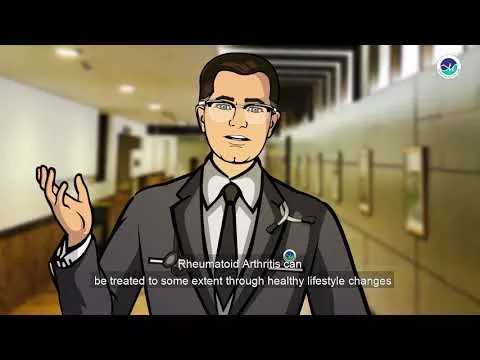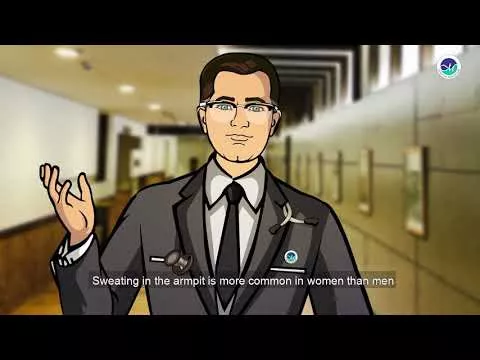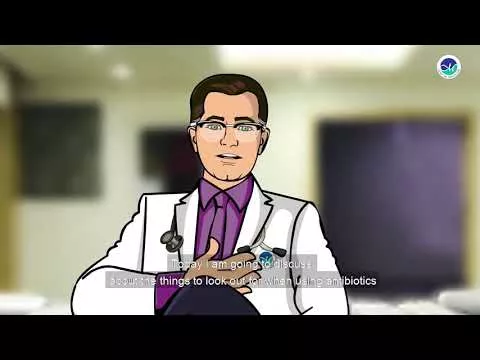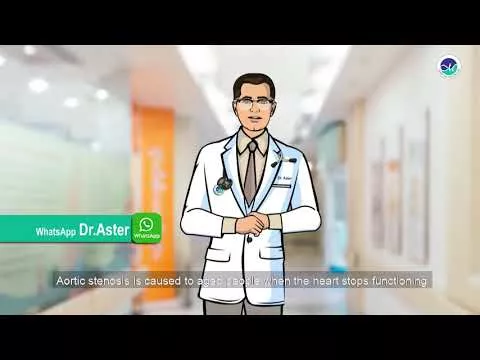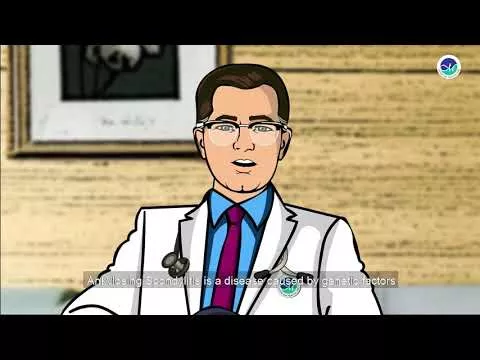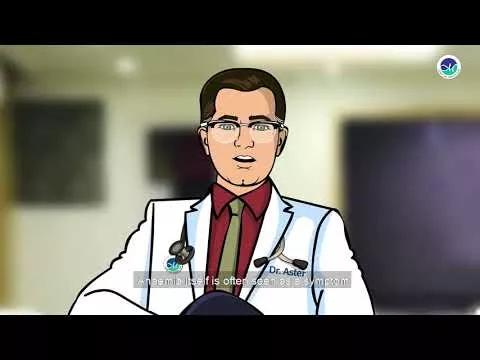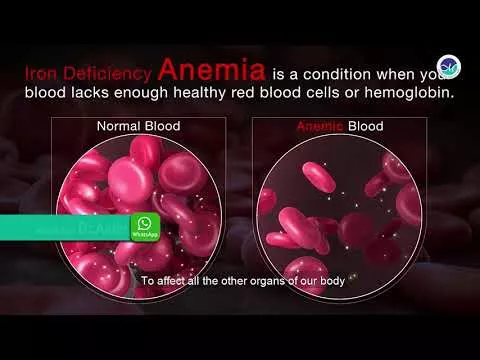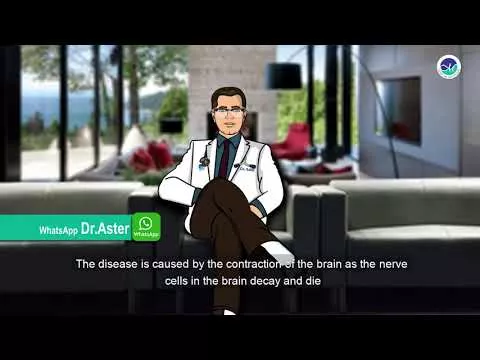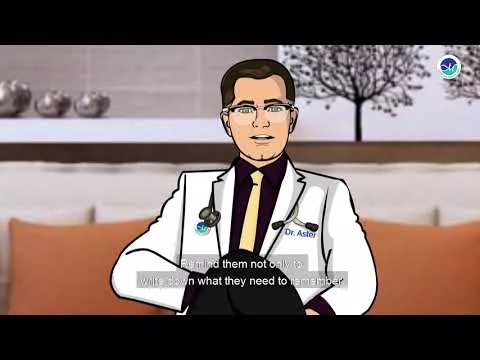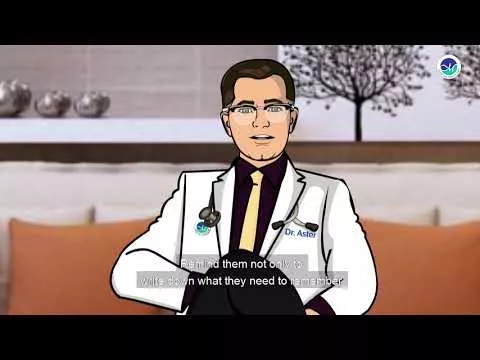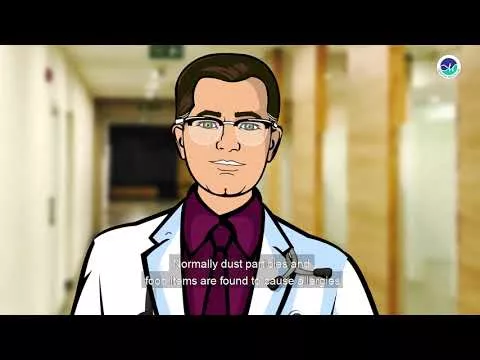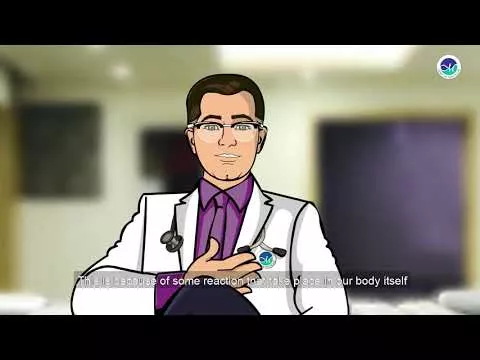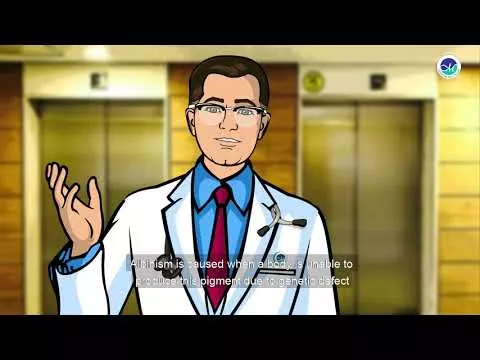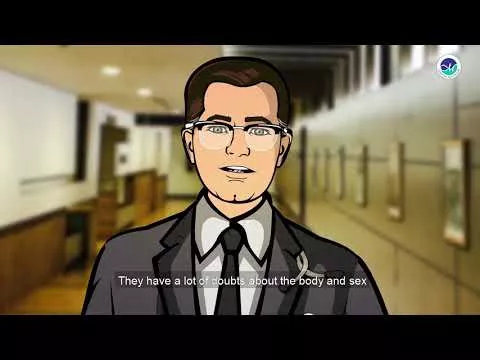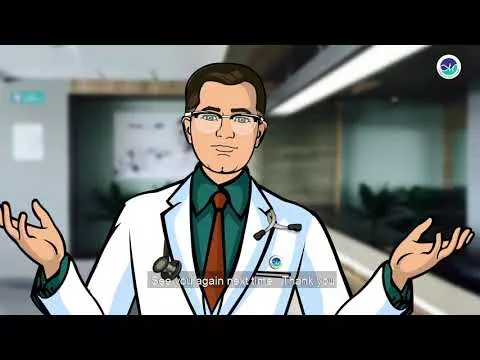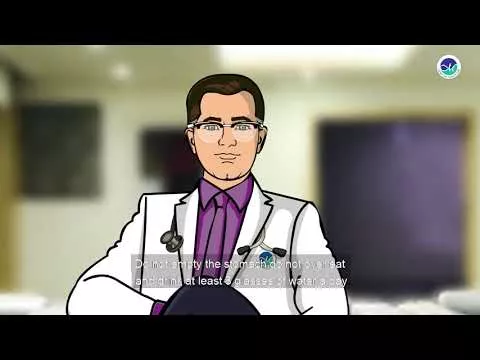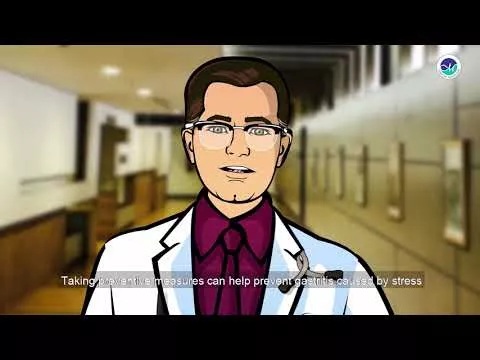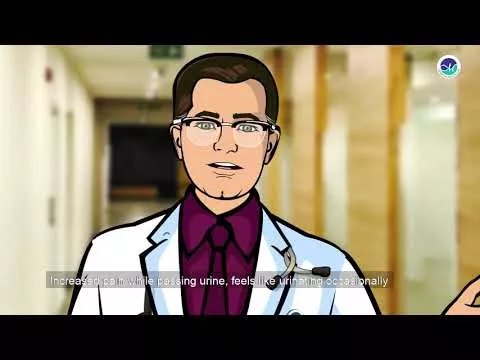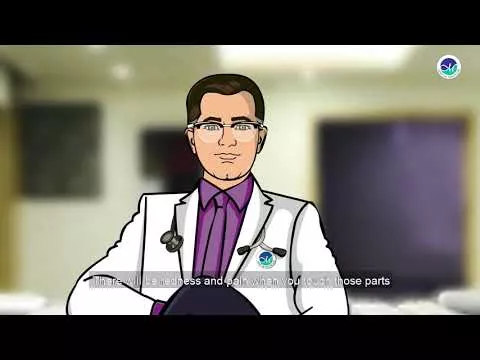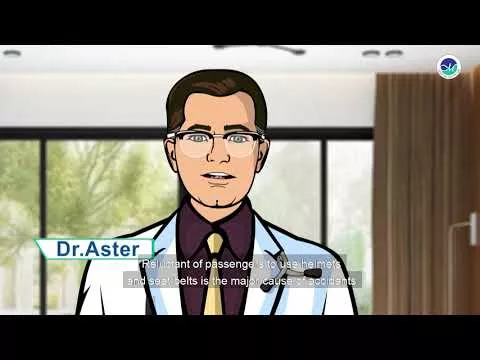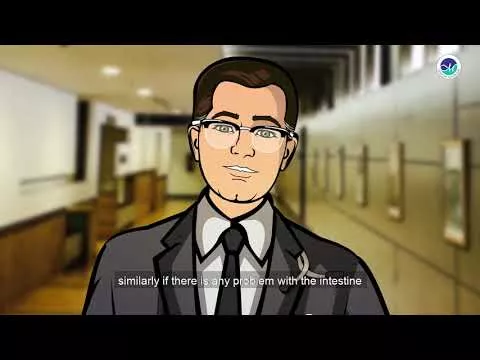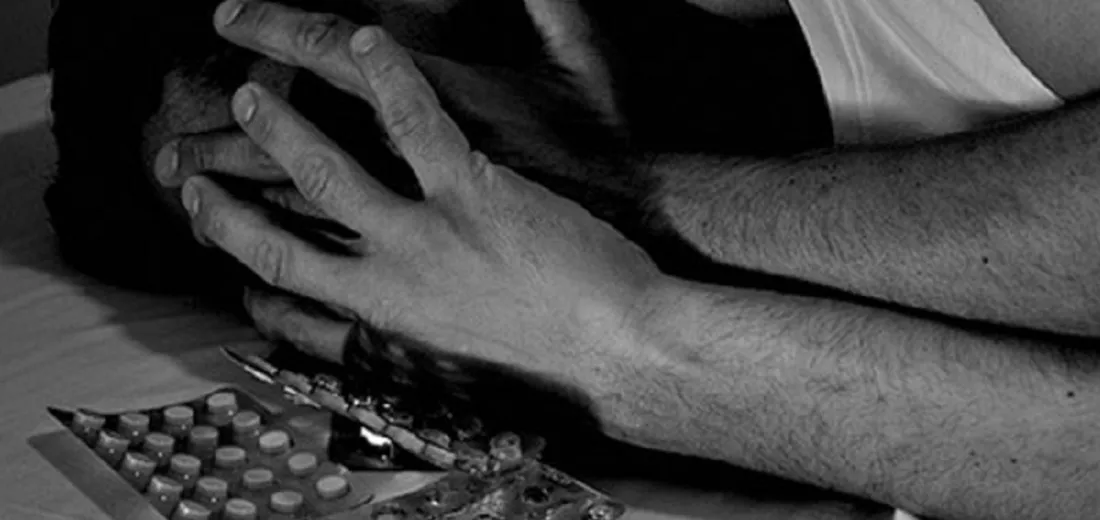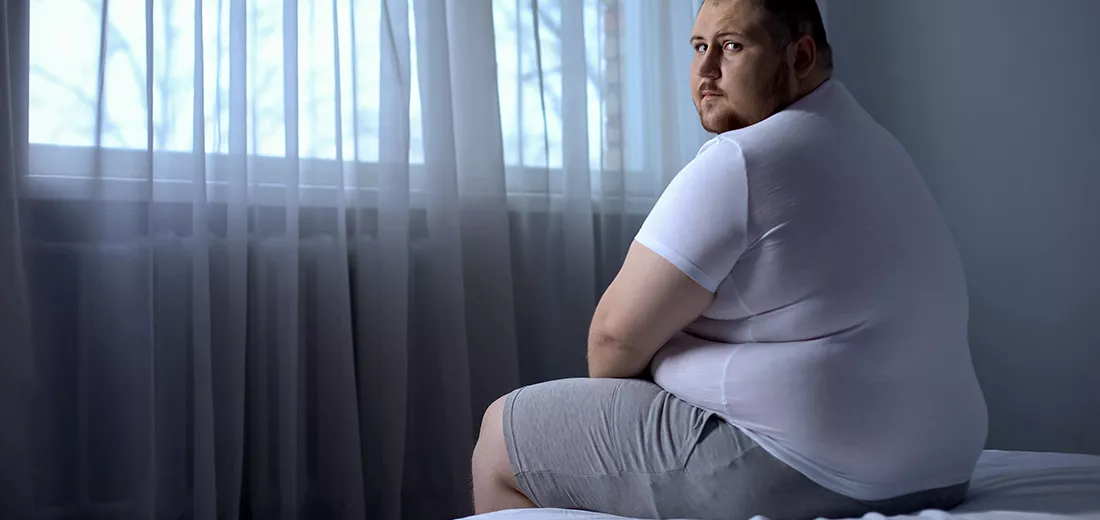The science of psychology is discovering how the mind works, assessing how people learn, enabling the highest human performance and facilitating healthier lifestyle choices. Despite the many astonishing opportunities and options like education, technologies, internet resources, and travel that is open today, young people’s mental health has never been so fragile.
In contrast to the frequently portrayed images of happy, successful, and socially connected millennials in selfies, aside from outspoken twitter messages or entertaining Facebook images, many, in fact, seem to feel more empty and lost than ever. Self-harm is widespread, and most current reports suggest that substance abuse and eating disorders are on the increase.
Depression is common, as many young people think themselves to be failures in the rapidly changing world where nothing is secure, and where competition for jobs or enrollment at University adds pressure and anxiety. Even the very young faces demand attention; in Silicon Valley, USA, for example, children as young as 4 years old are exhausted due to pressure from so-called ‘helicopter parents’ and teachers to (over) achieve and compete with their peers.
